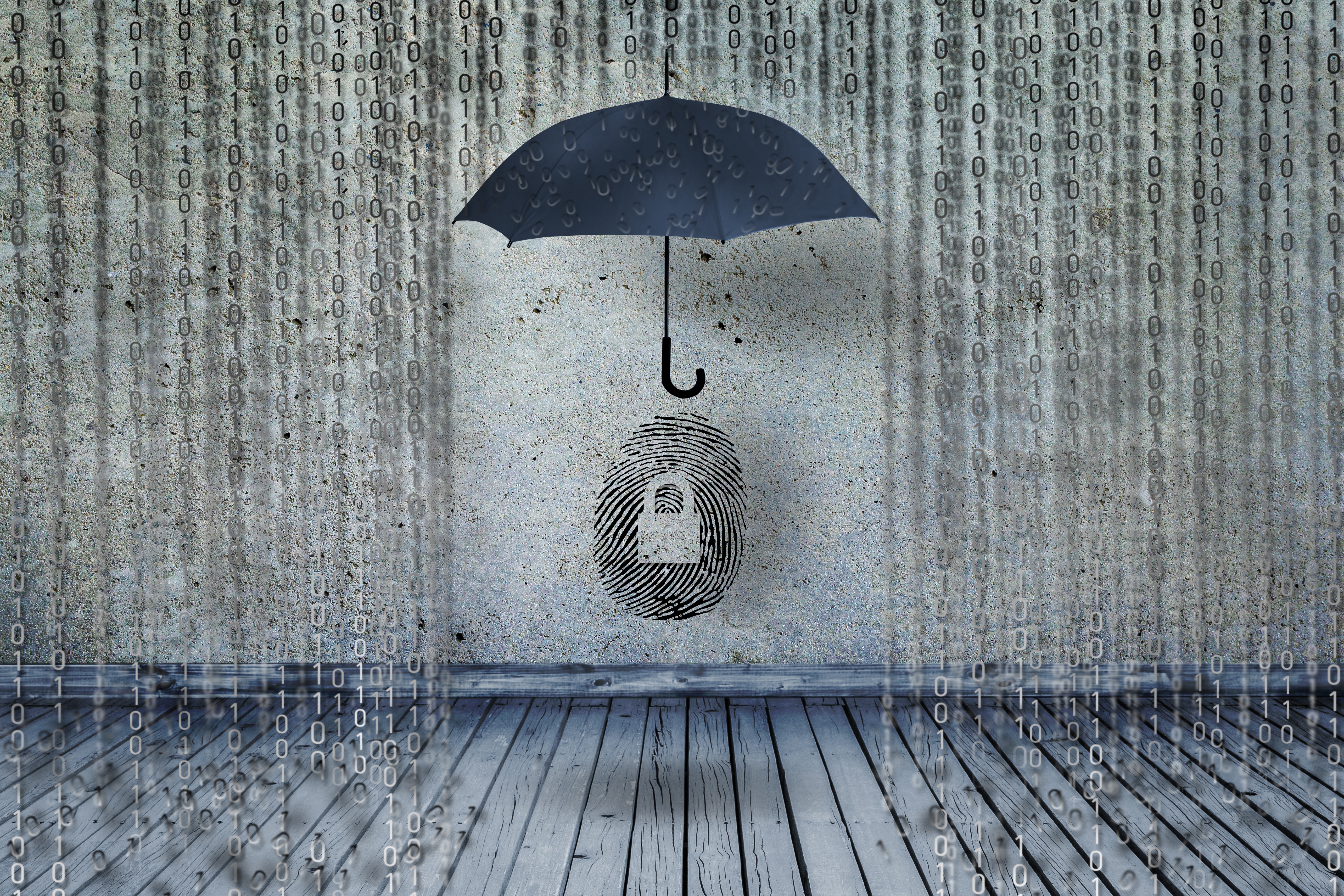Loan Payment Options at First Alliance Credit Union
We know everyone manages their money a little differently. Some people prefer a more self-service style with online banking, while others like coming...
2 min read
![]() First Alliance Credit Union
:
Aug 1, 2019 4:15:00 AM
First Alliance Credit Union
:
Aug 1, 2019 4:15:00 AM

It was announced on July 30, 2019 that a hacker gained access to more than 100 million Capital One customers’ accounts and credit card applications earlier this year. At this point, Capital One is saying that the vulnerability has been fixed and that it is “unlikely that the information was sued for fraud or disseminated by this individual.” However, the company is still investigating. It was noted that “no credit card account numbers or log-in credentials were compromised and that over 99% of Social Security numbers were not compromised.”

Although only Capital One customers are impacted by this breach, we consider this the perfect opportunity to remind everyone how stolen cardholder information is used to commit fraud. We have provided tips below to help keep your personal information safe, even when dealing with First Alliance Credit Union, or someone you may think is from First Alliance Credit Union.
Fraudsters have become increasingly adept at getting cardholders to share the information they need to commit fraud by posing as financial institution call center agents, or by sending text messages that look like they are coming from your institution, warning of suspicious transaction activities. They are also known to call in to call centers posing as cardholders requesting changes to card information and parameters.
The fraudsters do this by using information stolen through data breaches at health insurance providers, reward program providers, credit bureaus, merchant terminals, and social media sites, as well as through malware programs deployed on personal computers, to mention just a few. Stolen personally identifiable information (PII) is combined with stolen card information, resulting in sufficient information to create profiles that fraudsters can use to position themselves as the actual cardholders.
A text alert from us warning of suspicious activity on your card will NEVER include a link to be clicked. Never click on a link in a text message that is supposedly from First Alliance Credit Union. Here's a few other important reminders for notifications that come from us:
If at any point you are uncertain about questions being asked or the call itself, hang up and call us directly at 507-288-0330. If a call is received by the cardholder, claiming to be our call center and asking to verify transactions, no information should have to be provided by the cardholder other than their zip code, and a ‘yes’ or ‘no’ to the transaction provided.
Regularly check your account online to see if there are any suspicious transactions that have occurred, but especially if you are unsure about a call or text message you’ve received. If anything looks amiss, call us directly for assistance.
If you have received a voice or a text message from us and are unsure about responding to it, call us directly for assistance.
It is important to remain to remain vigilant in protecting your personal information. If you have any questions, please contact us at (507) 288-0330.

We know everyone manages their money a little differently. Some people prefer a more self-service style with online banking, while others like coming...

With all of the recent data breaches and Facebook privacy concerns in the news the last few months, I felt it was important to highlight some of the...

Often people think that the the only way to open an account at First Alliance Credit Union is to come into a physical branch location. However, a few...